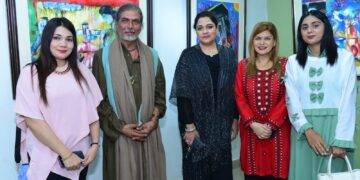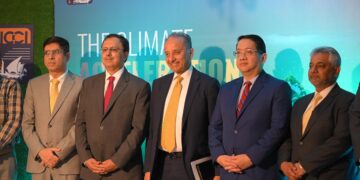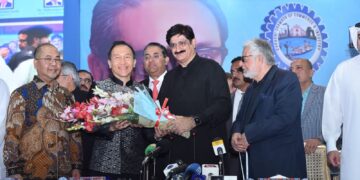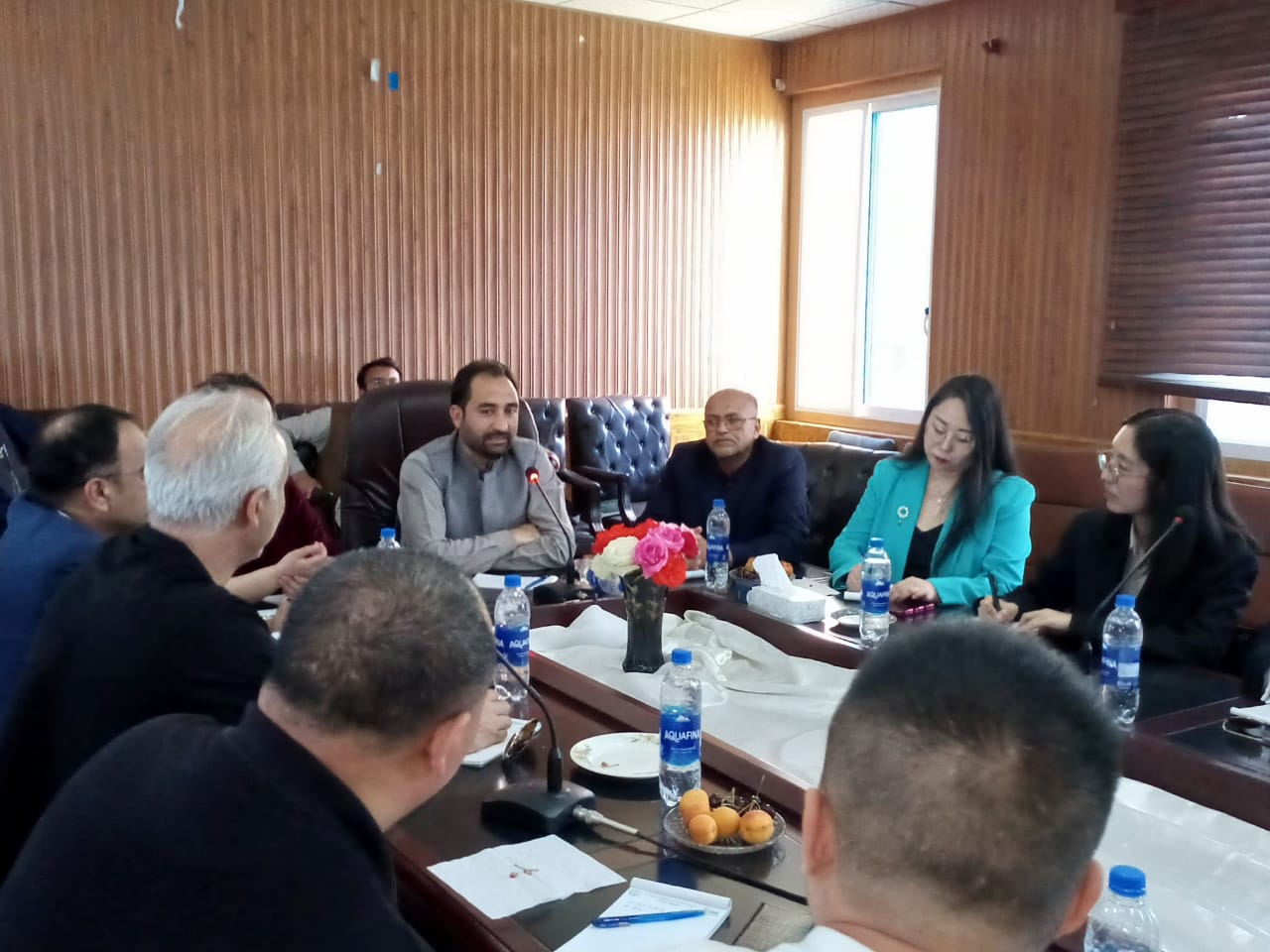UNDP Pakistan, in collaboration with the Institute of Business Administration (IBA) Karachi, has initiated a pilot study on urban resilience for Karachi’s informal communities of Azam Basti and Rehri Goth. The project seeks to strengthen the inclusion and resilience of migrants, displaced people, and host communities in informal urban settlements across four dimensions: livelihoods, participatory urban planning and development, social cohesion, and climate change adaptation.


As part of this study, a Challenge Cup was held in Karachi to identify innovative community solutions to urban resilience challenges. This Challenge Cup – the second of two in a series – followed a competition-based process with the participation of the residents of Rehri Goth and Azam Basti. The themes aligned with the competition were water sanitation, education, women employment and livelihood, environment, and basic amenities and services. The adjudication panel comprised of Mr. Umer Malik, Policy Analyst, UNDP; Mr. Azfar Hussain, Program Manager, NIC Karachi; Ms. Saman Jafri, former MNA and consultant UNICEF and Ms. Hira Malik, a consultant for Meta and program manager for FEMPROW.
A panel talk was also organized at the event by the implementing partner, Concepts Unlimited, and included Ms. Aqsa Javed, IBA; Ms. Zehra Mehdi, K-Electric; and Mr. Nadeem Sheikh; WWF Pakistan. The panel explored the problems faced by the informal settlements in Karachi and ways in which they can be addressed through community ownership and the active participation of all relevant stakeholders involved.


A day prior to the event, a rigorous bootcamp was also conducted to refine the ideas and model them with reference to sustainability, social impact, inclusion, and community initiatives. Mentors were invited to aid this, and included Mr. Adeil Durvesh, CEO ParhaoSabaq and Learningbite; Ms. Hira Wajahat, Stimulus; Ms. Huma Jabeen, Educationist; and Mr. Sadeed Mirza, Trainer and Coach, Social Enterprises.
Ms. Ammara Durrani, Assistant Resident Representative and Chief, Development Policy Unit, UNDP Pakistan, in her address to the audience, emphasized the importance of innovation and co-creation in bolstering urban resilience in Pakistan. Dr. S Akbar Zaidi, Executive Director, IBA Karachi and Lead Investigator of the UNDP-IBA research study, highlighted the role of data-driven approaches in development studies and policy initiatives and the important role played by academic institutions to achieve the same. Mr. Ghulam Mohiuddin Asim, Program Director, Sindh SDGs Unit by Government of Sindh, appreciated the collaboration of UNDP, IBA and Government of Sindh on this project. He was particularly impressed by the community eagerness to do well for their neighborhoods and their willingness to spend personal time and energy in improving their surroundings.
The themes for the first and second Challenge cup were informed by research work carried out by IBA Karachi and UNDP Pakistan in the informal settlements of Rehri Goth and Azam Basti. This challenge Cup will prove itself pivotal towards enhancing the quality of life in these settlements. This would specifically contribute towards developing social cohesion, economic independence, and urban resilience in some of Karachi’s most deserving informal communities, with the aim to shape the way forward for future interventions.

















